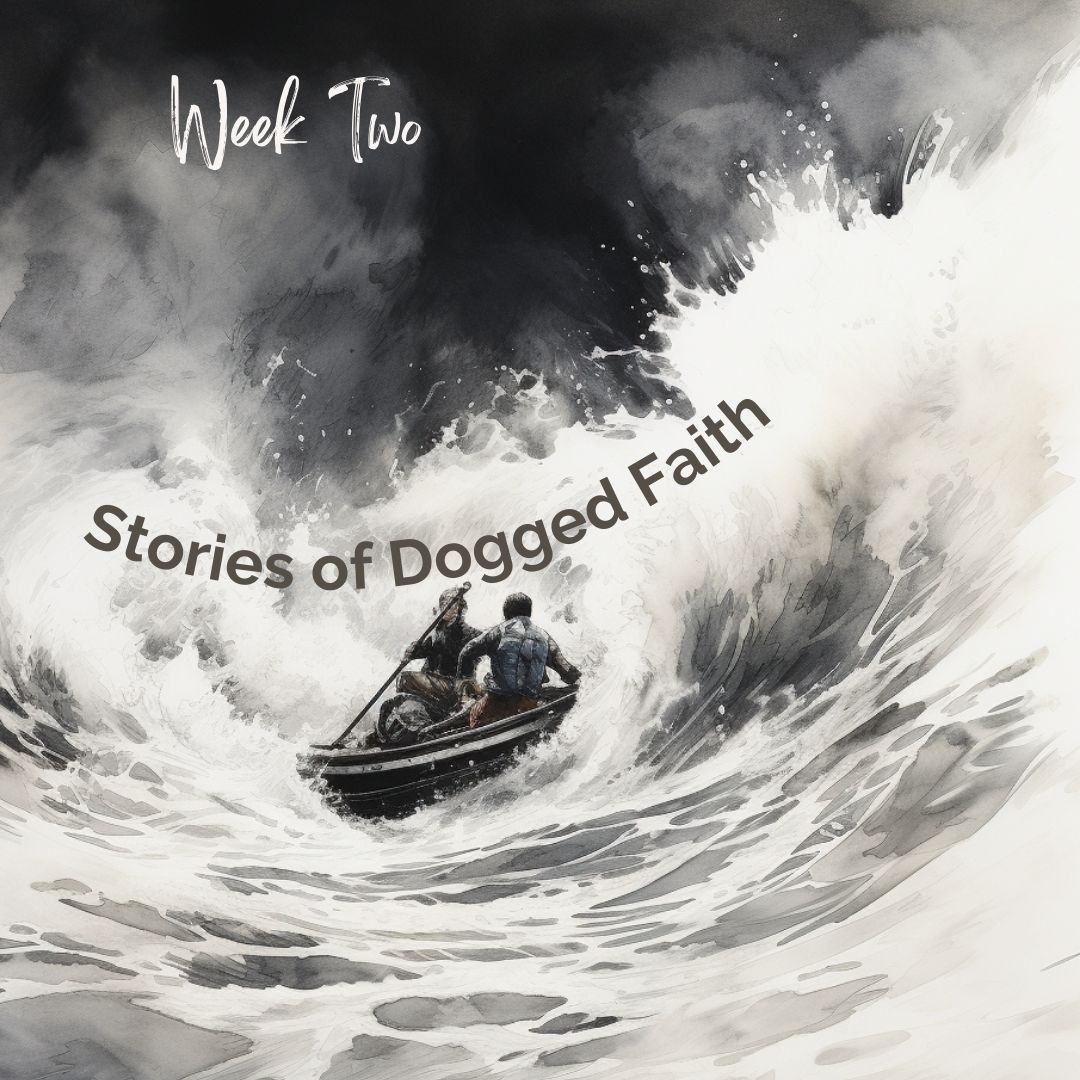The Canaanite Woman
just schooled the Messiah.
She came out of the crowd, a Canaanite, begging Jesus to heal her daughter afflicted by a demon. The disciples tell Jesus to get her out of here, “for she is crying after us.” At first Jesus tries to dodge the whole scene. “I was sent only to the lost sheep of the house of Israel,” lady.
But poor and beaten-down people learn how to transgress social boundaries—they have to, to survive. Especially when their kids are threatened. She kneels down, inches too close now. “Lord, help me.” But Jesus’ knows how to deal with Canaanites. He learned it as a kid, in school. “It is not fair,” he says coolly, “to take the children’s bread and feed it to the dogs” (a typical slur for gentiles). He expects her, of course, to shrink away. But she gives as good as she gets. “Yes, Lord,” she replies calmly, “but even the dogs eat the crumbs that fall from their master’s table” (Matt. 15: 21-28).
Jesus listens. He unlearns what he “knows.” He changes his mind, allows his heart to be broken open. He marvels at her faith, says, Your daughter is healed.
Think of it: a despised, disenfranchised woman teaches Jesus, changes the whole scope of his ministry. What Canaanite women do we ignore?
COMPANIONS ON THE WAY
Introduction
Stories of Turning
Week One
Stories of Wild Places
Week Two
Stories of Dogged Faith
Week Three
Stories of Mercy & Forgiveness
Week Four
Stories of Simplicity & Joy
Week Five
Stories of Prayer & Surrender
Week Six
Stories of Transforming Love

In our theology Jesus was sinless yet I wonder if he repented of his conduct. With the recounting of this interaction it is not difficult to understand why early beliefs arose that Jesus was not fully divine. Or perhaps the divine is not as “perfect” as our human minds comprehend it.
That whole question is a big one, and theologians have argued this way and that. What inspires me is the way the biblical writers weren’t afraid to show this scene in Jesus’ ministry, and if they’re not worried about it, I’m not sure why we should be. The scene marks a shift in Jesus’ thinking about the direction and scope of his ministry—that he was sent “only to the lost sheep of Israel.” Or perhaps he was sent FIRST to the people of Israel, and in that ministry he keeps meeting gentiles who have “more faith” than his fellow Jews—and so he is forced into the realization that his calling is way bigger than he imagined. And I just like that the catalyst for this is a plucky Canaanite woman who is a mama bear for her daughter in distress.
I like this story because it shows the truly human side of Jesus. God could have told Jesus from day one that His ministry was for all people , not just those of the Jewish faith. But God let Jesus learn from experience, just as all humans do. As Christians we should at least try to follow Jesus lead-not always an easy thing to do- & put our prejudices aside & reach out to those who are different from ourselves & those who we know & love.It’s a big world & maybe if we step outside our comfort zone, as Jesus did, we might be surprised and find something really beautiful!
Well said, Susie.
Could it be that Jesus responded the way he did (as the disciples would have), to give the woman a chance to show her faith, and “be” an object lesson for his disciples? I guess I always thought of it as a test that she passed with flying colors. But, actually, if Jesus learned something in the moment, it shows once again that he can be trusted. He knows that we need to grow and change our beliefs sometimes.
It’s true—the woman passes the “test”—the brush off and dismissal she receives. But she comes back anyway—and that’s what gets Jesus’ attention. And the disciples’ too, no doubt.
Read somewhere that two things tend to push people forward…inspiration and desperation. This Canaanite woman was given the gift of desperation to help her possessed child. I know what that feels like and props to Jesus for not turning a blind eye. I love the human side of Jesus – “Why have you forsaken me” always comes to mind. Mother Teresa questioning God’s existence and even more importantly feeling abandoned by “Him” – that common sense of humanity provides solace for me. I am more Doubting Thomas than I’d like to be.
Those are great insights, Matt—Why have you forsaken me? And Mother Teresa’s deep doubts. There’s gold there. Don’t be too quickly rid of your Thomas!